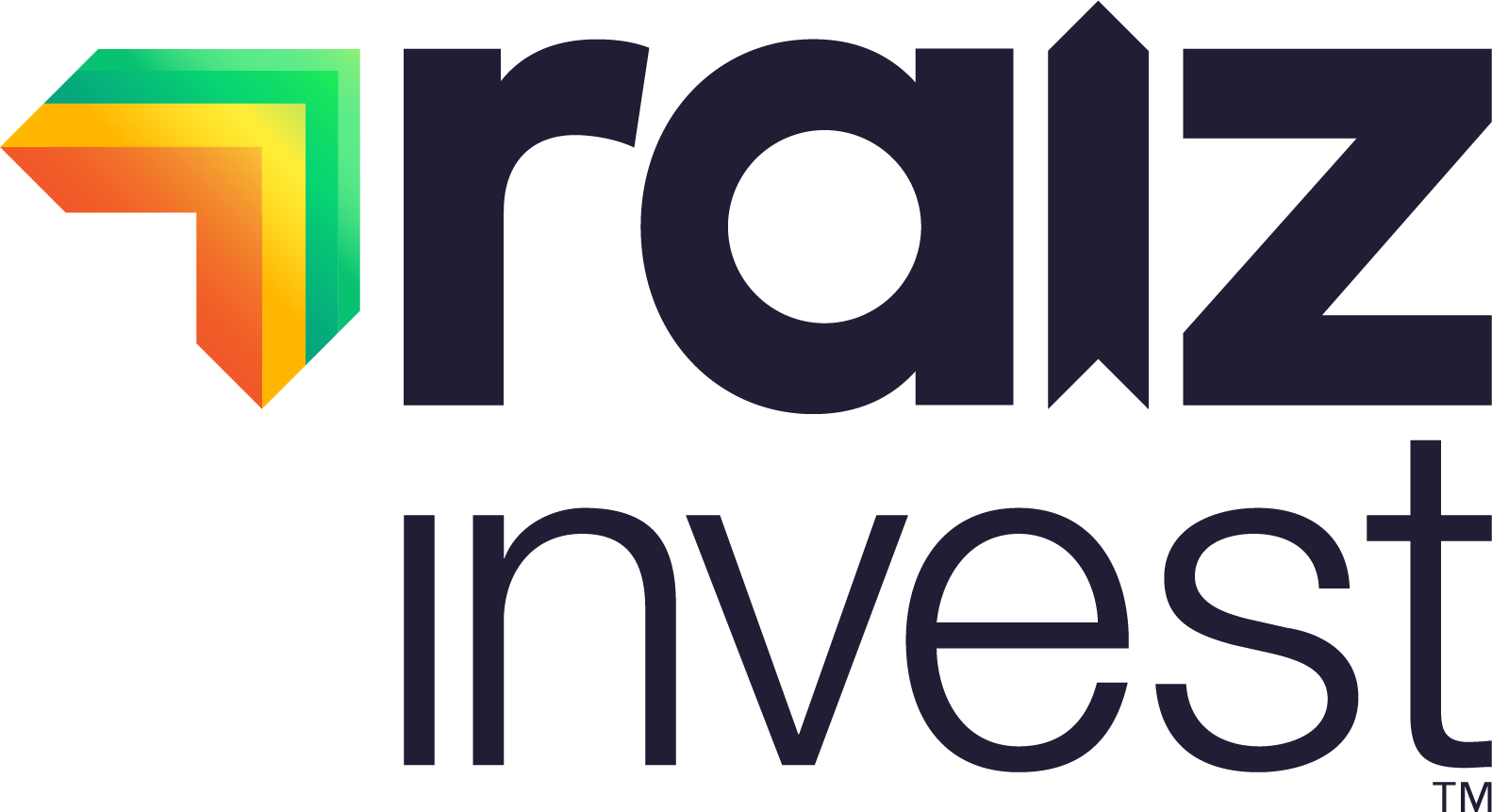The “S” word: Stagflation

The “S” word: Stagflation. It’s a term being increasingly used in financial media. Don’t worry, it’s not a rude “S” word 😅 It suggests that inflation globally could persist for some time, certainly longer than the US Federal Reserve would care to admit… But it is also describing a period of low global economic growth.
What might this scenario mean when it comes to global equities and ETFs? Let’s break it down into its parts.
What is inflation?
Inflation is when the price of a collection of goods and services goes up over a period of time. Think about when your local café raised the price of a coffee from $3 to $3.50, or when the price of your favourite snack went up at the supermarket ☹️
The word “inflation” is often associated with a sense of negative sentiment because people often think this means items have become more expensive. But some inflation is necessary for a healthy economy, because otherwise the economy may not be growing at all.
The US Fed says inflation is likely to be transitory
Few Central Banks globally have more datapoints than the US Federal Reserve. And the US Fed has an enormous bond buying program of $120 billion each month, which it plans to slow down in the coming months towards the end of 2021. But the US Fed needs to also set the interest rates for the economy to function smoothly. The Fed Chair, Jerome Powell, has stated many times in 2021 that the Fed sees current inflation readings as seasonal or transitory, and as such has not taken the step of raising interest rates.
Other Central Banks around the world have also reported rising inflation, but no major Central Bank is yet to take the plunge and increase interest rates.
What may happen if inflation is not transitory, and persists for some time?
If inflation runs too hot, or gets too high, the Central Bank may be forced to intervene and raise interest rates, which tends to have the effect of slowing growth. But Central Banks have not exactly been trigger happy when it comes to rate rises. The last rate rise from Australia’s Central Bank, the RBA, was in 2010 😲 and the last time the US Fed Raised rates was in 2017, when Janet Yellen was Fed Chair.
What may happen if global growth is too slow?
This is the other symptom of stagflation; a slow-growing global economy. Central Banks globally have regularly turned to lowering interest rates to attempt to fuel economic growth. But interest rates globally are already close to zero or even below zero in many parts of the world, meaning this is less of an option when it comes to fuelling growth in this particular economic cycle. And few Central Banks like the idea of setting negative interest rates.
Another choice Central Banks have is to print money and push that through the economy, such as what has been happening with the global Quantitative Easing (QE) programs. But this in itself can also spark inflation, and the US Fed is talking about switching off this policy lever, having already printed more than $2 Trillion as part of QE since COVID began.
Are we stuck in a bit of a feedback loop?
To some extent, yes. The US Fed wants growth but does not want to raise interest rates even when some of the precursors of growth, such as inflation, are being seen in the economy. Normally when growth gets too strong, a Central Bank would raise interest rates, but this would really hurt the US Government’s almost $29 Trillion debt pile. One of the advantages of inflation is it naturally lowers the cost of borrowing in real interest rate terms. While the US Government and the Fed are independent, it is in the US Government’s interest for rates to remain low.
How may this affect assets like ETFs?
Given rates are likely to stay lower for longer, investors continue to look elsewhere from bonds or cash and invest in other assets, which they believe can rally in the current conditions, whether that in equities, commodities or other asset classes.
We have seen eleven consecutive months of gains on STW to August 2021, the ASX200 tracking ETF. Europe has had seven straight months of gains, its best streak since 2013, and the US markets have broken their own record highs over 100 times in 2021 across all indices.
While interest rates remain low and inflation is increasing in many parts of the world across many official readings, equities, commodities and assets like property have been on the rise. One could suggest that the breeding conditions for such a strong rise in the price of assets like equities and many ETFs have been the stagflation conditions prevalent in many major economies.
Until Central Banks like the Fed break the pattern and change the inflation, interest rate and growth trajectories in global economies, one wonders what will break the trend of increasing asset prices 🤔
Don’t have the Raiz App?
Download it for free in the App store or the Webapp below:
Important Information
If you have read all or any part of our email, website, or communication then you need to know that this is factual information and general advice only. This means it does not consider any person’s particular financial objectives, financial situation, or financial needs. If you are an investor, you should consult a licensed adviser before acting on any information to fully understand the benefits and risk associated with the product. This is your call but that is what you should do.
You may be surprised to learn that RAIZ Invest Australia Limited (ABN 26 604 402 815) (Raiz), an authorised representative AFSL 434776 prepared this information.
We are not allowed, and have not prepared this information to offer financial product advice or a recommendation in relation to any investments or securities. If we did give you personal advice, which we did not, then the use of the Raiz App would be a lot more expensive than the current pricing – sorry but true. You therefore should not rely on this information to make investment decisions, because it was not about you for once, and unfortunately, we cannot advise you on who or what you can rely on – again sorry.
A Product Disclosure Statement (PDS) for Raiz Invest and/or Raiz Invest Super is available on the Raiz Invest website and App. A person must read and consider the PDS before deciding whether, or not, to acquire and/or continue to hold interests in the financial product. We know and ASIC research shows that you probably won’t, but we want you to, and we encourage you to read the PDS so you know exactly what the product does, its risks and costs. If you don’t read the PDS, it’s a bit like flying blind. Probably not a good idea.
The risks and fees for investing are fully set out in the PDS and include the risks that would ordinarily apply to investing. You should note, as illustrated by the global financial crisis of 2008, that sometimes not even professionals in the financial services sector understand the ordinary risks of investing – because by their nature many risks are unknown – but you still need to give it a go and try to understand the risks set out in the PDS.
Any returns shown or implied are not forecasts and are not reliable guides or predictors of future performance. Those of you who cannot afford financial advice may be considering ignoring this statement, but please don’t, it is so true.
Under no circumstance is the information to be used by, or presented to, a person for the purposes of deciding about investing in Raiz Invest or Raiz Invest Super.
This information may be based on assumptions or market conditions which change without notice and have not been independently verified. Basically, this says nothing stays the same for long in financial markets (or even in life for that matter) and we are sorry. We try, but we can’t promise that the information is accurate, or stays accurate.
Any opinions or information expressed are subject to change without notice; that’s just the way we roll.
The bundll and superbundll products are provided by FlexiCards Australia Pty Ltd ABN 31 099 651 877 Australian credit licence number 247415. Bundll, snooze and superbundll are trademarks of Flexirent Capital Pty Ltd, a subsidiary of FlexiGroup Limited. Lots of names, which basically you aren’t allowed to reproduce without their permission and we need to include here.
Mastercard is a registered trademark and the circles design is a trademark of Mastercard International Incorporated.
Home loans are subject to approval from the lending institution and Raiz Home Ownership makes no warranties as to the success of an application until all relevant information has been provided.
Raiz Home Ownership Pty Ltd (ABN 14 645 876 937), an Australian Credit Representative number 528594 under Australian Credit Licence number 387025. Raiz Home Ownership Pty Ltd is 100% owned by Raiz Invest Australia Limited (ABN 26 604 402 815).




